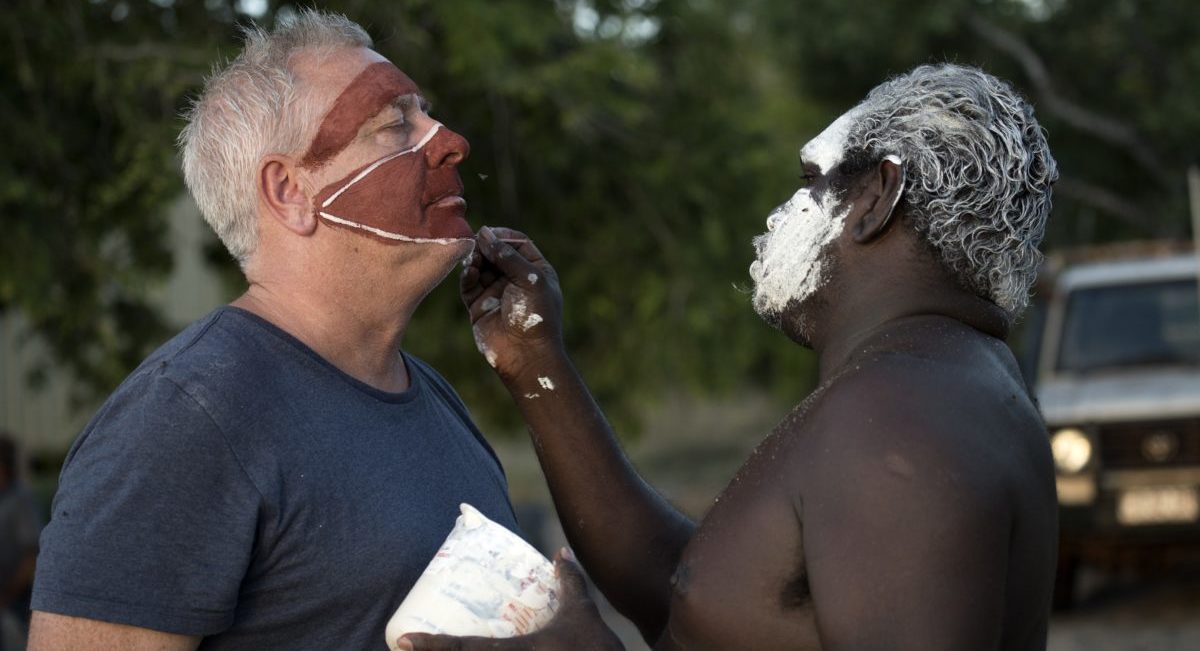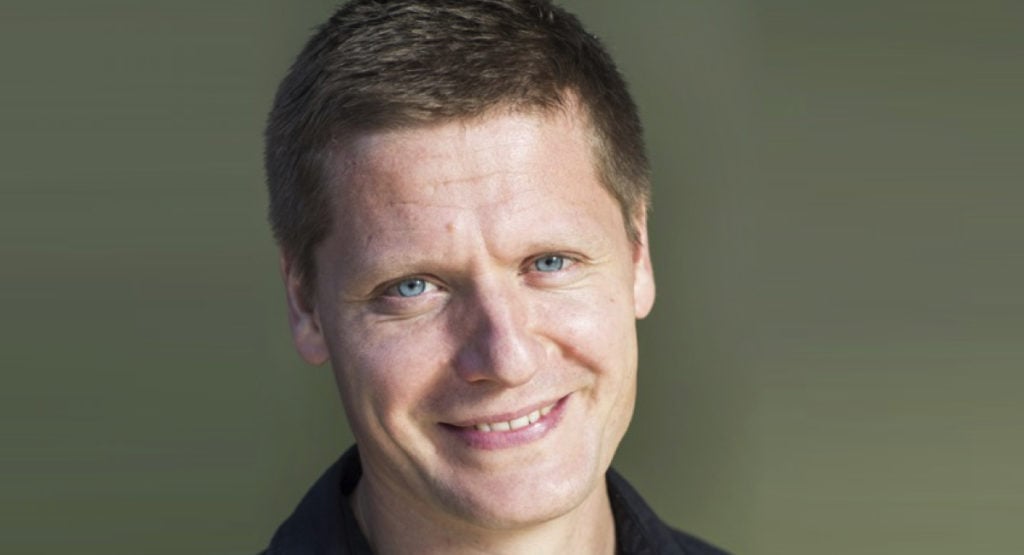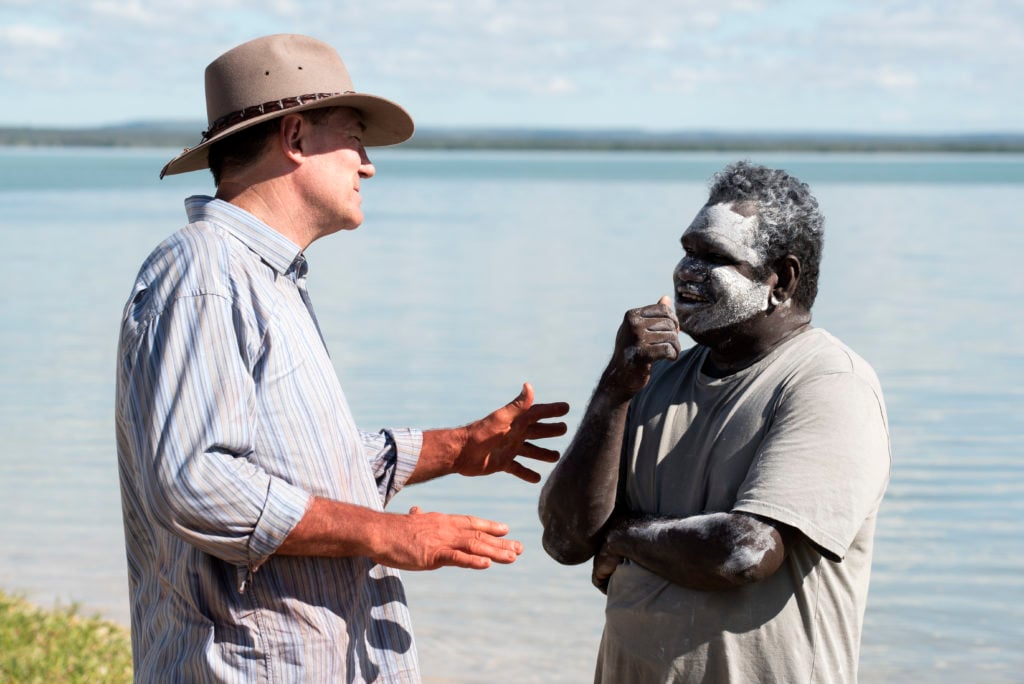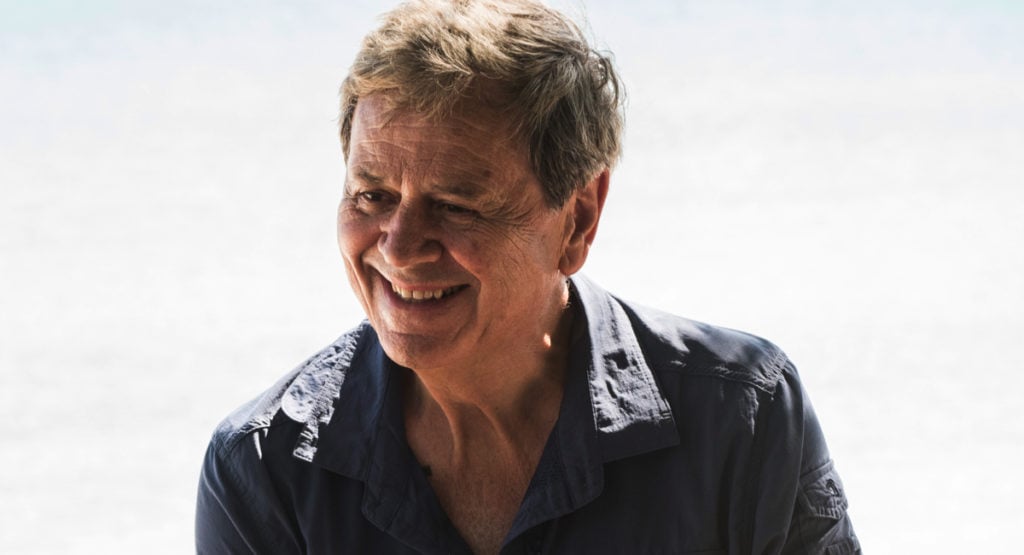Take six opinionated celebrities out of their everyday privileged lives and place them among Aboriginal communities across Australia. It’s a good way to dispel misconceptions that they may have.
The second season of SBS’ three-part series First Contact, produced by Blackfella Films, aims to address the lack of awareness many non-indigenous Australians have about the first Australians. Six out of 10 Australians have had little to no contact with the indigenous people.
“After the success from the first series and the conversation it started across Australia, SBS was very keen to make a second series,” series EP Jacob Hickey told Mediaweek. “They [the celebrities] are very brave for doing this show.
“The key thing for us is that we wanted a whole range of opinions in this show. The second thing was that we wanted people who were forthright, were opinionated and weren’t afraid to be. That gives the show the honesty and integrity we need.”
First Contact tackles some controversial opinions and issues, some of which have been debated since the colonial times. The attitudes demonstrated by the celebrities going into the new season of First Contact show their ignorance of the hardships faced by Aboriginal Australians today.
“I don’t connect to that, that it’s their land and that we have taken it from them,” says actress Nicki Wendt in the teaser for the second series of First Contact. “It was a long time ago. We all need to move on.”
“Get off your arse and do something if you want to escape your plight,” says TV personality Ian “Dicko” Dickson.
Authenticity is the key driver in the success of this show, Hickey claimed. Like any ob-doc or reality shows, the question looming around authenticity is, how do you ensure celebrities are sharing what they actually think and not spicing up their words for the camera?
Hickey answered: “That might be true on another show where someone does a quick interview or does something where they are filmed for a day. These guys are on the road for a month. They really live this. They didn’t pop back home. They were genuinely immersed in situations. They were living with Aboriginal people, they were going to work with Aboriginal people. They were meeting their families and their children.
“You would struggle to keep up a pretence in those situations, particularly when emotion is at play. This series is emotional, and because of their honesty about how they went into the experience, they connected with the situations they were in.
“You can’t tell your heart all the time how to feel,” he summed up with a chuckle.
The first season of the miniseries placed everyday Australians among Aboriginal communities. The decision to feature celebrities in the second series was a natural progression, Hickey said. “This time around, the six came in with a bit more knowledge, possibly. The six we put together have the capability to debate these issues and bring more layered content to our audience.
“We are not the first program to do this, but people like seeing recognisable people go on this journey that they themselves go on precariously through the comforts of their living rooms. What works really well is someone who is well-known saying things that they [the viewers] feel.”
Filming outside the comforts of a studio facility and on the road has its own logistical challenges. There was no way the team at Blackfella could have cut corners with this, Hickey said.
“We don’t look at the map and go, ‘What would be the most convenient journey?’ We look at our stories and the narrative structure, and we go, ‘What’s going to work in what order?’
“If you were to map our journey, it’s all zigzag. Just in terms of the extraordinary number of flights, the kilometres travelled by road and air, that in itself was a huge challenge.”
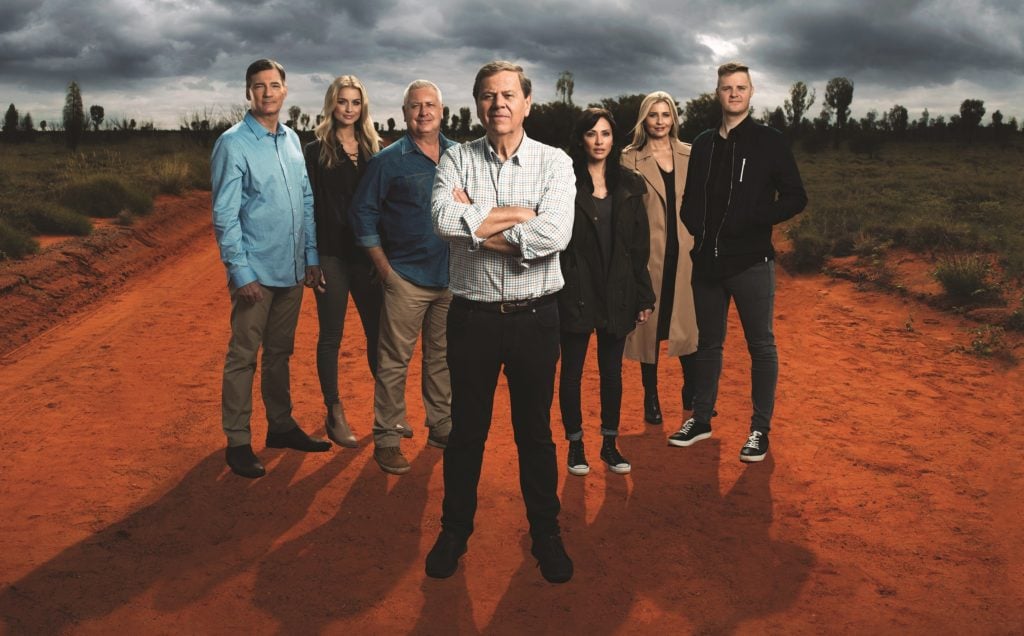
ex-One Nation politician David Oldfield, former Miss Universe Renae Ayris, TV personality Ian “Dicko” Dickson, singer Natalie Imbruglia, actor Nicki Wendt and comedian Tom Ballard, with Ray Martin (centre)
Mother Nature put the production crew through the biggest test.
“We got fog at Uluru,” Hickey recalled, laughing. “You’ll have to check with the weather bureau about this, but I don’t think there’s been fog at Uluru for years. We actually couldn’t get out of Uluru easily.”
The Aboriginal hosts participating in both seasons of First Contact are as important a part of the series as the participants who embark on the month-long journey. “They are the ones who make the show, really,” Hickey said.
One of the biggest points of discussion at this year’s Screen Forever conference, put together by Screen Producers Australia, was the saleability of local productions in the global market. It was established that networks look for the international appeal of a format when it comes to dramas, ob-docs and game shows, rather than event series based on well-known local personalities.
First Contact falls into more than one of the categories listed above – it’s an ob-doc and an event series at the same time. With colonisation being a large part of the global history, one would think it is a format that could find an appeal overseas. Asked if this was at the forefront of their mind when making the series, Hickey said: “We start with how is it going to work here? We are servicing SBS and they want this show to work in Australia. But it is interesting how these things translate. There is a lot of talk about Australia bringing in shows from overseas and looking at how they translate to an Australian market. Increasingly, we can be looking outward in terms of where can these concepts work internationally. I mean, we have good ideas too!”
First Contact will air over three nights starting on 29 November at 8.30pm. It will be shown simultaneously on SBS and NITV.
—
Q&A with Ray Martin
Respected journalist Ray Martin is returning as host for the second season of First Contact.
How did you get involved with First Contact?
I’d worked heavily in indigenous affairs for 40-odd years, in journalism and outside journalism. It’s been a passion of mine.
Was the approach any different with celebrities on season 2 compared to the first season with everyday Australians?
Yes and no. Yes in that they are celebrities so they are more articulate and confident in front of the cameras than the other people. However, the other people were suitably intelligent. The difference here is that because celebrities are more confident they were generally likely to cover the topic more fully than the other people.
What has been something that you’ve taken away from the First Contact experience?
What surprised me about both groups is how little people outside of indigenous Australia know about it – how wide the myths and the misunderstanding are about indigenous Australia. Even though I’ve been around for 40 years, I shake my head at some of the things people don’t know about the first Australians.
Why should people watch First Contact?
It’s fantastic television. Full marks to SBS for doing it. It’s one of those programs that is so compelling to watch. It clearly could have been done on Channel 7 or Channel 9, but they don’t show the courage to do these sorts of things that SBS and ABC do. For anyone watching it, it will make them think. If television makes you think, that’s pretty good.
